The brain shape like a Neanderthal is not possessed by any human, however, shape hints are also there. The shape of the brain of some people with European ancestry is influenced by Neanderthal DNA acquired through interbreeding tens of thousands of years ago, researchers reported in Current Biology. These DNA variants may affect the expression of two genes in a way to make the brains of some humans slightly less round, and more like the Neanderthals’ elongated brains. The Neanderthal DNA variants change gene expression in brain regions involved in planning, coordination and movements learning. These faculties are used in speech and language, however, no indication is there regarding the Neanderthal DNA that affects cognition in modern humans. Instead, distinct shape of the human brain is endowed.
Changing brains– The rounded brain shape of modern humans evolved gradually, reaching its current appearance between 35,000 and 100,000 years ago. The earliest human fossils from across Africa, dating to around 200,000–300,000 years ago, have large yet elongated brains. Analysing how Neanderthal DNA affects human biology is one of the only ways to study differences between the species.
So the research team identified DNA variants that contributed to humans’ rounded brains. The hypothesis was that some Neanderthal variants, which all humans with Eurasian ancestry carry, might affect H. sapiens brain shape and make it more elongated. Analysis of brain was done on 4,468 people of European ancestry and quantified their overall roundedness. The researchers then confirmed whether any of about 50,000 Neanderthal DNA variants known to occur in some modern humans were associated with a difference in their brain shape. They pinpointed variants near two genes. The variants don’t change the protein’s shape that those genes encode. Neanderthal variants near a gene called UBR4, which has a role in making neurons, reduce that gene’s expression in deep brain structures called the basal ganglia. People with a Neanderthal variant near a gene called PHLPP1, which is involved in building the fatty sheaths that insulate nerves, have greater expression of that gene in their cerebellums.
Important function– Cedric Boeckx, a neuroscientist at the Catalan Institute for Research and Advanced Studies in Barcelona, Spain, is fascinated by the altered expression of the genes in brain regions, which have previously been linked to human cognition, and to either the absence of or suppression of Neanderthal genes.
A plethora of genes is yet to be found that affect the trait.

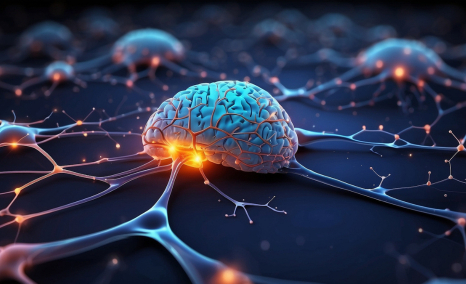
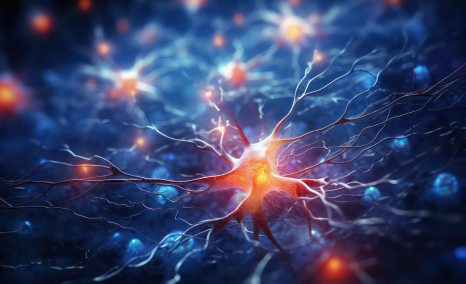
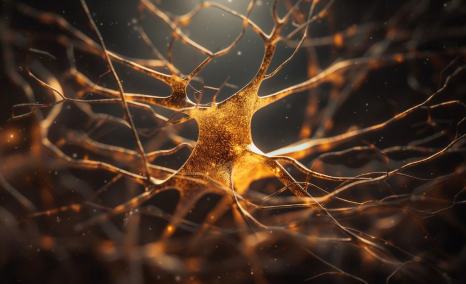
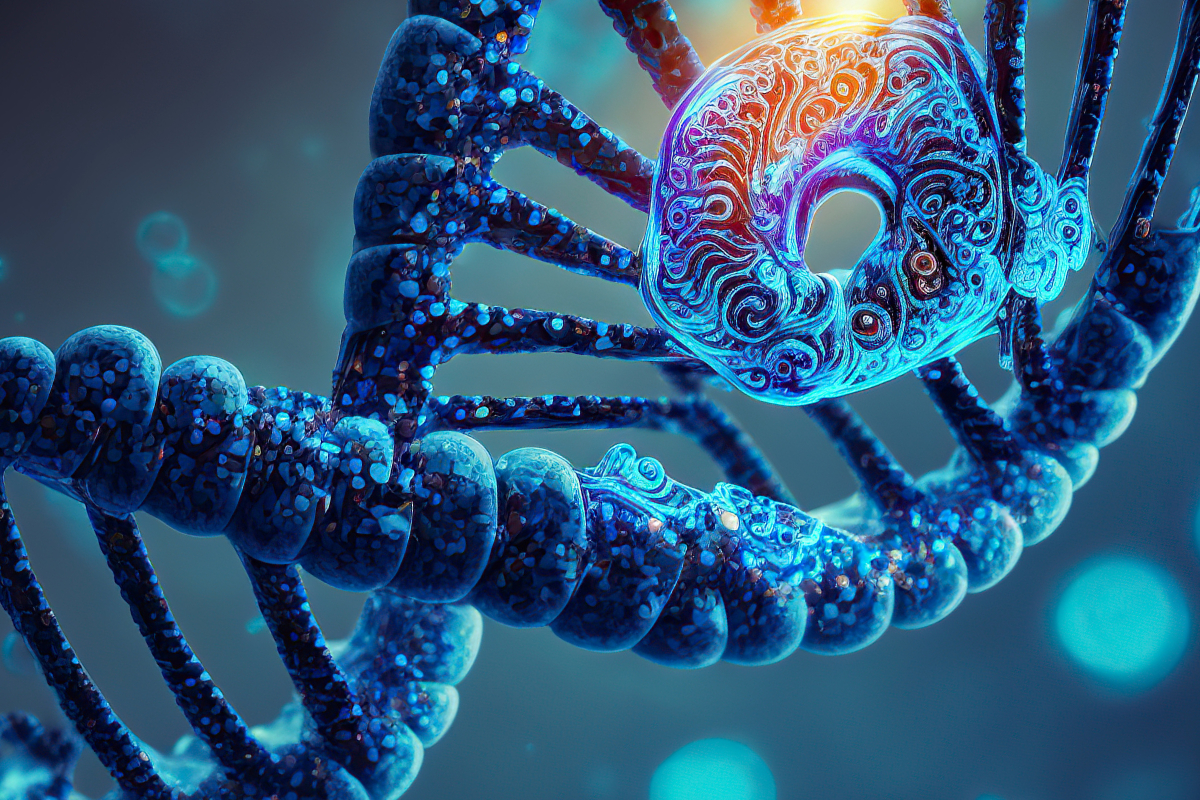

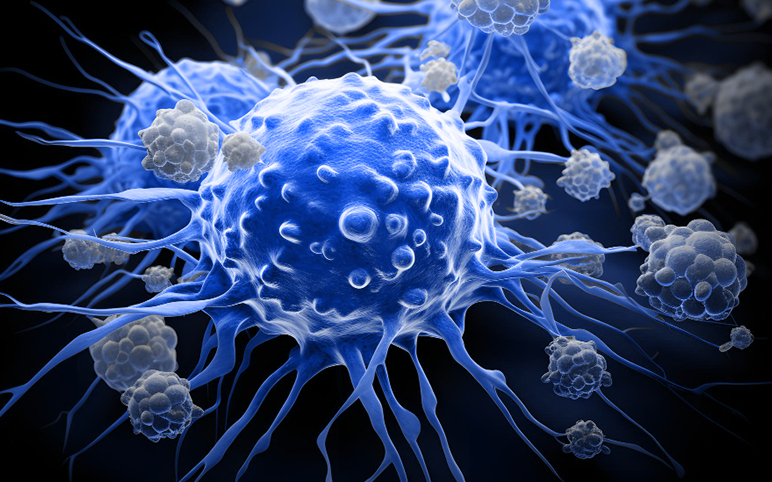

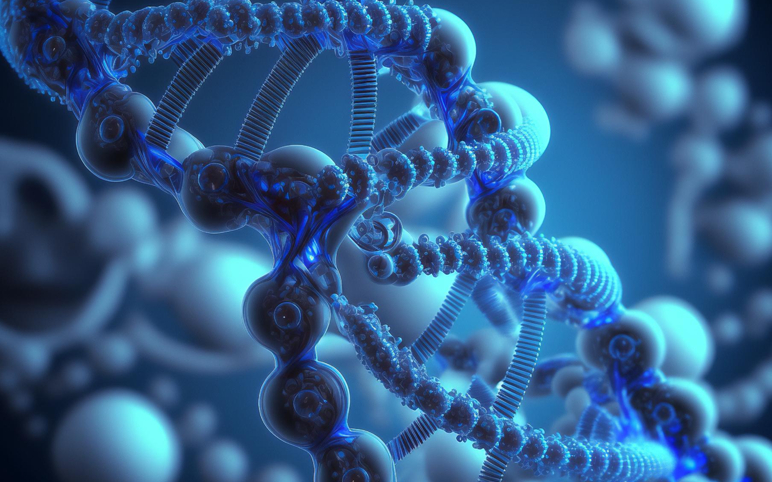
-Agonist.png)


